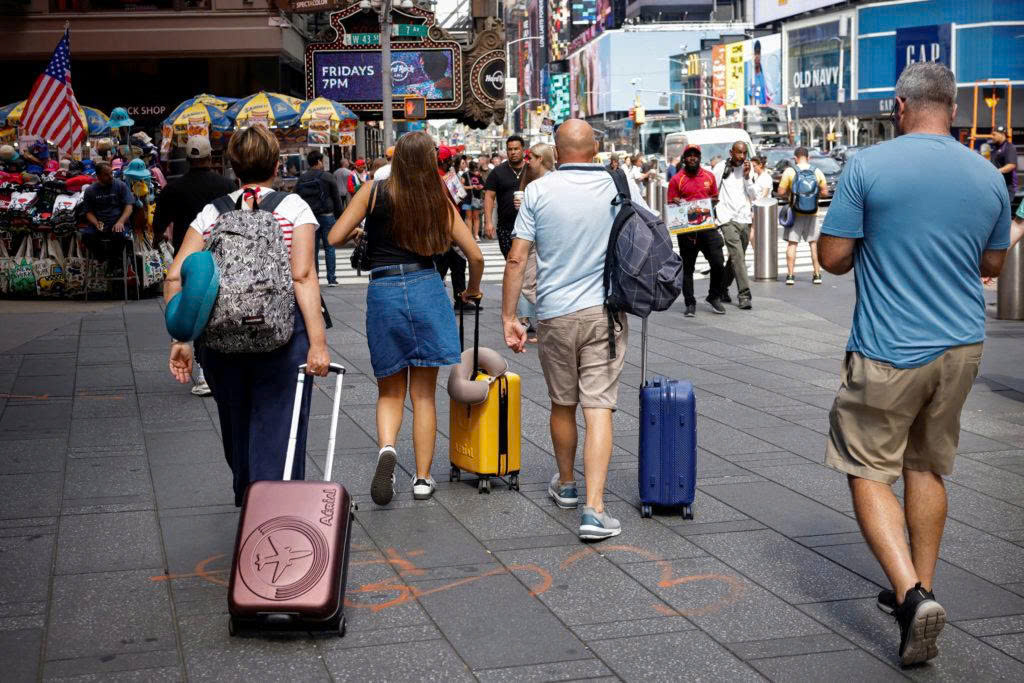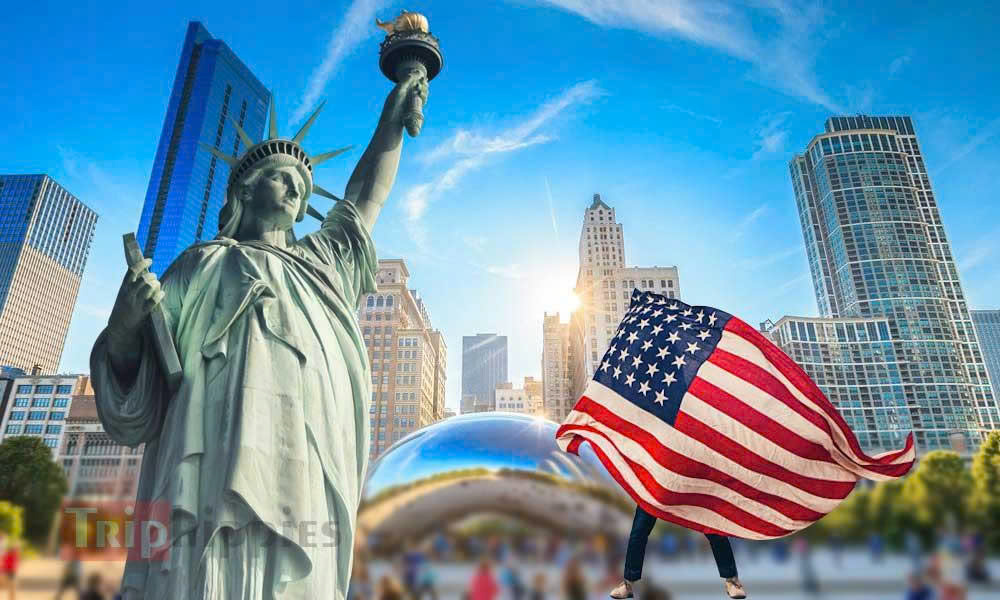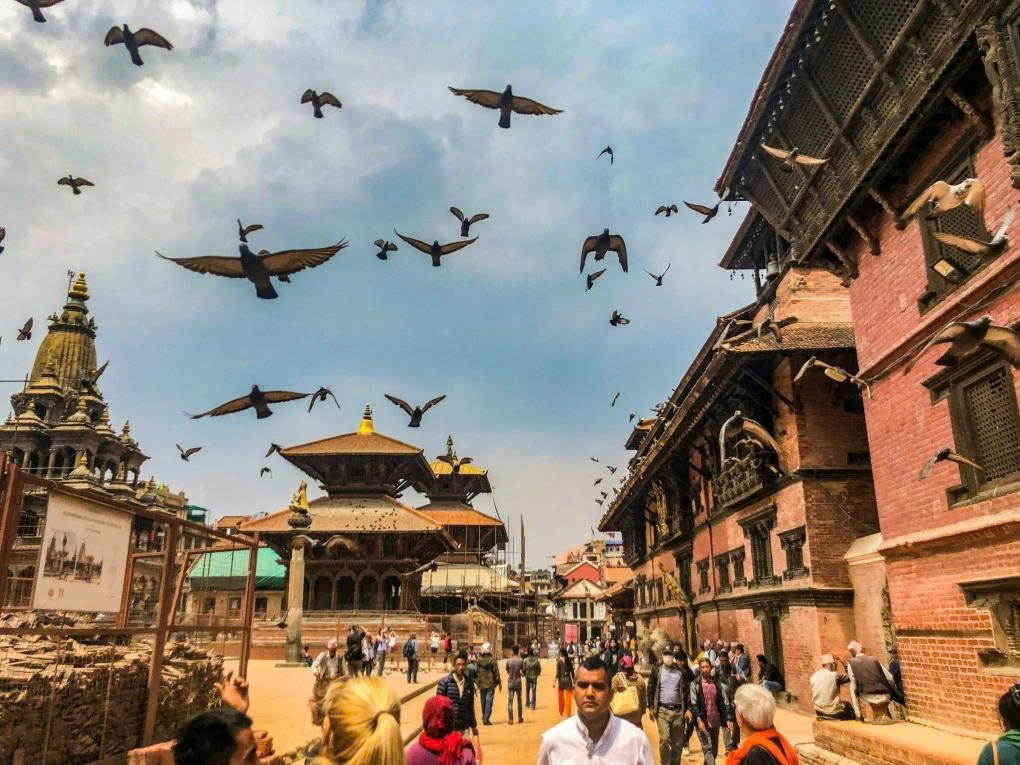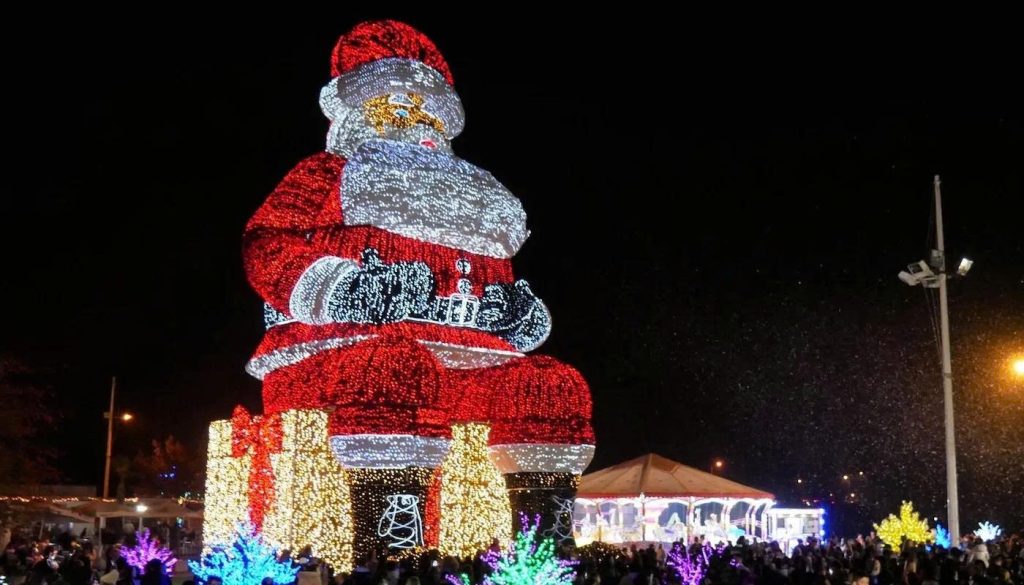International visitors to the United States will soon be required to pay a “visa assurance fee” of at least $250, as stipulated in the “One Big Beautiful Bill” recently enacted by the Trump administration.
The fee is projected to be a minimum of $250 for the US fiscal year 2025, running from October 1, 2024, to September 30, 2025. However, the Secretary of Homeland Security retains the discretion to set a higher fee.
This “visa assurance fee” applies to all non-immigrant visa applicants, including tourists, business travelers, and international students. The fee is payable upon visa issuance, meaning those whose visa applications are denied will not be required to pay.
For instance, an H-1B worker who previously paid a $205 application fee may now face a total cost of $455 once this new fee is implemented. Furthermore, this fee must be paid in conjunction with the “Form I-94 fee” – a form used by US Customs and Border Protection to record the entry and exit information of non-immigrant visitors. An earlier legislative act, the “One Big Beautiful Bill,” was responsible for raising the “Form I-94 fee” significantly, from $6 to $24.

For a refund, visa holders must adhere to their visa conditions, including “not engaging in unauthorized employment” and not overstaying their visa by more than five days. Refunds will be processed after the travel visa expires, as per regulations.
Steven A. Brown, a member of the immigration law firm Reddy Neumann Brown PC in Houston, stated that the government needs a regulation or at least a media announcement regarding the fee’s implementation and collection. He also advised clients to consider the fee non-refundable.
“If you get a refund, that’s great, but it’s often difficult to get money back from the government,” he said, suggesting clients view the refund as a “bonus” rather than an expectation. Brown indicated that the visa assurance fee is likely to impact B visa holders – leisure and business tourists, and international students – more than other types of visitors.
The U.S. Travel Association has also raised questions about how visitors will pay this fee.
“The bill requires the Secretary of Homeland Security to collect the fee, but the agency does not own the visa application, issuance, or renewal process,” a spokesperson for the association questioned.
Given that many visas are valid for several years, the US Congressional Budget Office (CBO) anticipates “very few people will request refunds.” A CBO representative added that the Department of State would require several years to implement the refund process. On this basis, the CBO estimates that the implementation of this provision will increase revenue and reduce the budget deficit by $28.9 billion between 2025 and 2034.
“President Trump’s One Big Beautiful Bill provides needed policies and resources to restore integrity to the nation’s immigration system,” a Department of Homeland Security spokesperson told CNBC.
Data indicates that most visa holders comply with visa conditions. From fiscal years 2016 to 2022, approximately 1%-2% of non-immigrant visitors overstayed their visas in the US, according to the Congressional Research Service.
However, an estimated 42% of the roughly 11 million undocumented population living in the US entered legally but overstayed their authorized period, data shows. This suggests that while visa overstaying is not widespread, it significantly contributes to illegal immigration.
(According to CNBC)

















